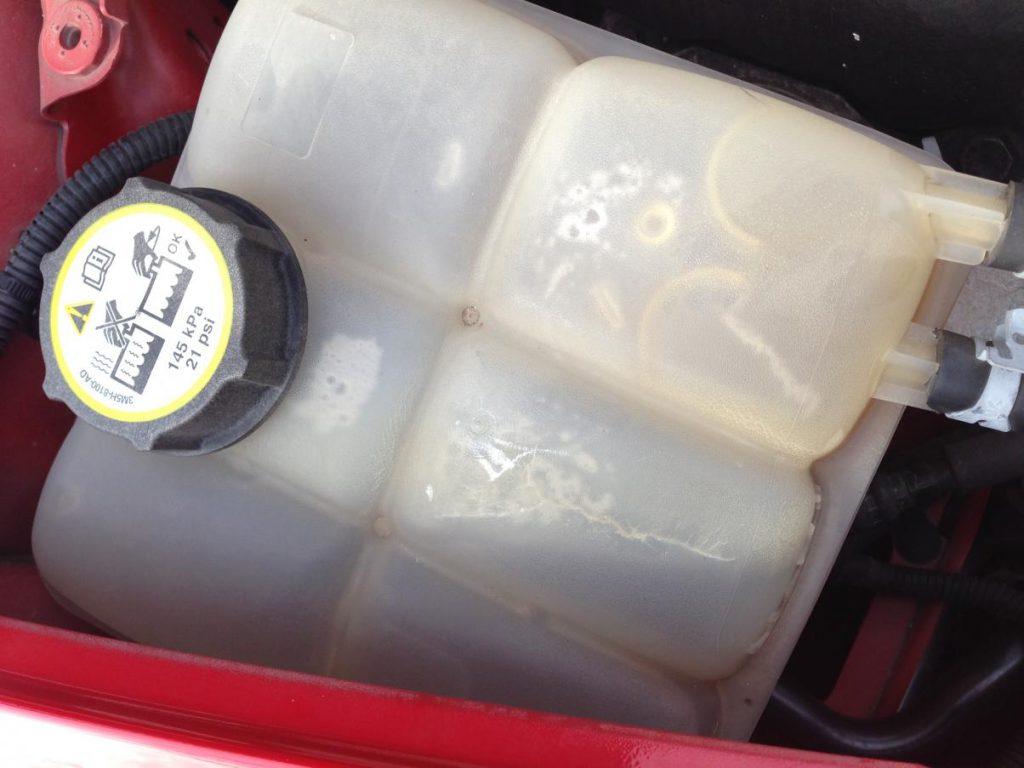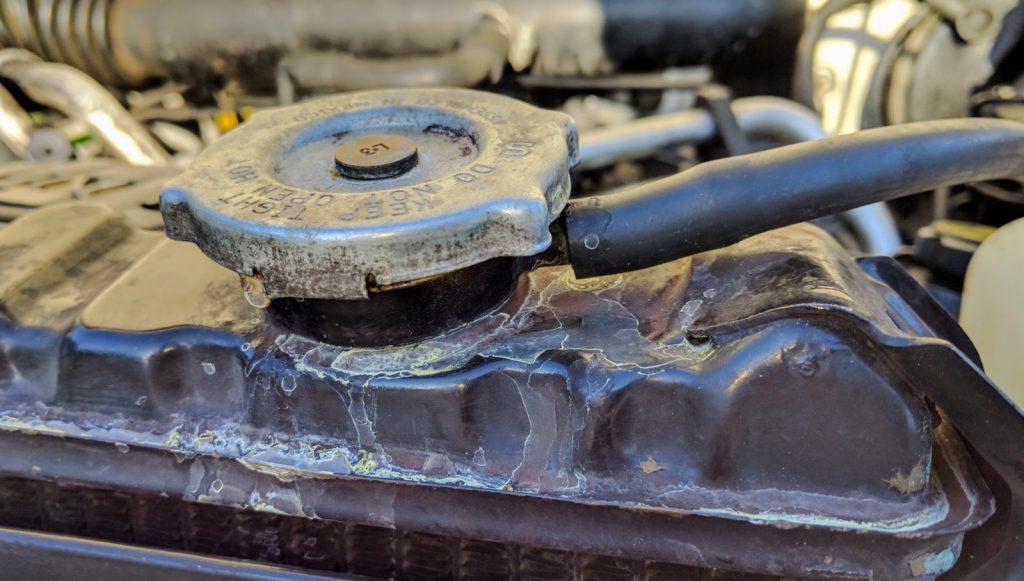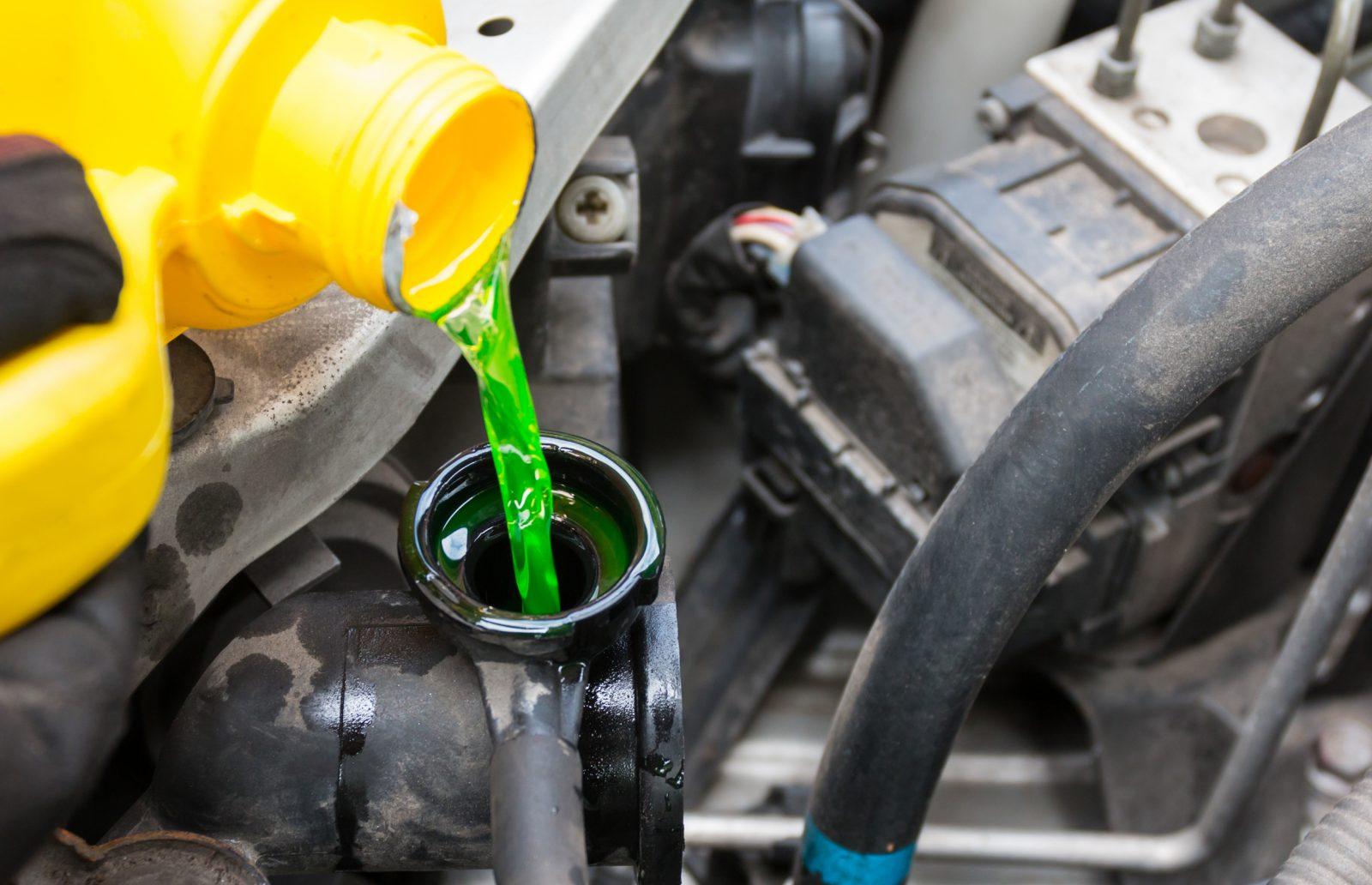Filling the radiator fluid is one essential task that shouldn’t be given a miss. There can be times though when you refill the fluid more often. While you may find it mysterious, there are some technical reasons behind it. Let’s dig up more and explore the potential reasons behind loss of radiator fluid.
Contents
Where To Look Into For Loss Of Radiator Fluid?
The radiator fluid or aptly the coolant is present to limit the high temperatures of the engine. When the fluid vanishes quickly, and the need arises to refill it again and again, something is definitely fishy. Read on, to know what causes a radiator to leak its fluid.
1. Cracked Expansion Tank
An expansion tank is a plastic container that is partially filled with air. The presence of air facilitates the expansion of the heated coolant without any glitch. The expansion tank makes sure that the coolant system does not get pressurized due to the coolant expansion.
The best part is; the plastic container offers a visual view to the level of radiator fluid, and if there is a loss of radiator fluid, there is got to be a leak. You would have to check the bottom or the sides of the expansion tank and the hose that connects the radiator to it. If the leak is anywhere found, you would have to replace the expansion tank altogether.

SEE MORE :
- The Working and Signs of a Defective Radiator Cap
- Where Is The Coolant Disappearing When There No Visible Leaks?
2. The Malfunctioned Radiator
The radiator or aptly the heat exchanger keeps the engine temperatures in control. A radiator is a device that is generally made out of aluminum. The hot coolant gets transferred to the radiator through tubes, where it is further mixed with air. When there is a case of a cracked radiator, things could go haywire. Not only there would be puddles of visible coolant leaks, but you would have to refill the coolant more than usual.
If wondering, “what causes a radiator to crack,” one should know there are several reasons behind it. It could be the rust, a faulty thermostat, a leaking head gasket, or the temperature variations that lead to a cracked radiator. Visit a mechanic and get the radiator replaced for better performance of the coolant system. In case, you wish to know how to bleed a radiator at home, refer to maintenance tips for the DIY process.
3. Dysfunctional Radiator Cap
A radiator cap is the pressure valve that maintains the pressure inside the radiator to a certain level. The cap allows the coolant to absorb heat to a greater level so that the engine cools effectively. When the threshold value of the radiator cap that generally stands at 16 psi, exceeds, the heat escapes the system.

>> Find a second-hand car from Japan at best deal here <<
The radiator cap also restricts the entrance of air into the engine when the coolant begins to contract, making the cap essential for the coolant system working. In case, you have a dysfunctional radiator cap, the hose carrying the coolant would leak off. If that happens, you can easily spot coolant spills around the radiator. It is cheap and easy to get the cap replaced, so one should not ignore it.
Conclusion
If the reason behind the loss of radiator fluid is something you can’t figure out, do not feel baffled. Keep a keen eye on the visible leakage points, and never oversee the need to visit a mechanic. Remember, fixing small things can lead to huge differences!




What courses car rising temperature?